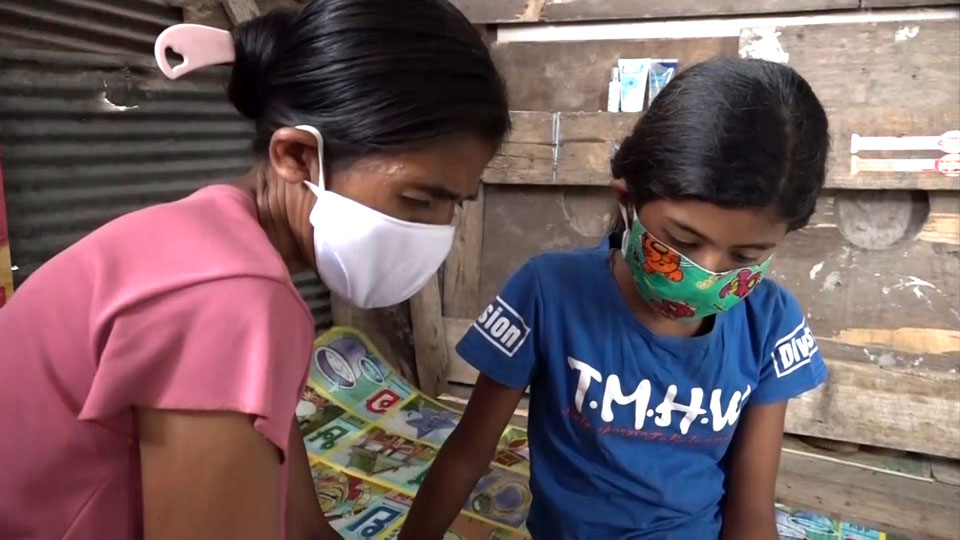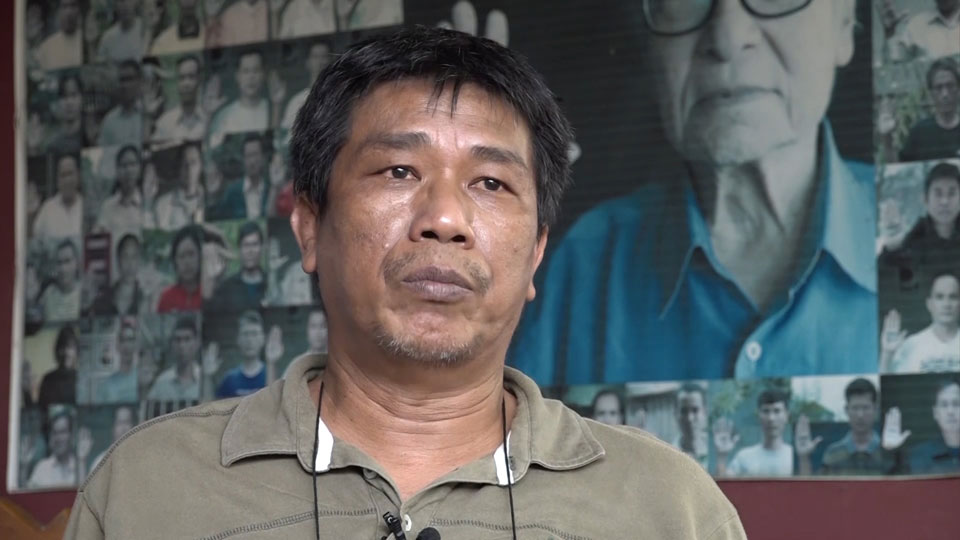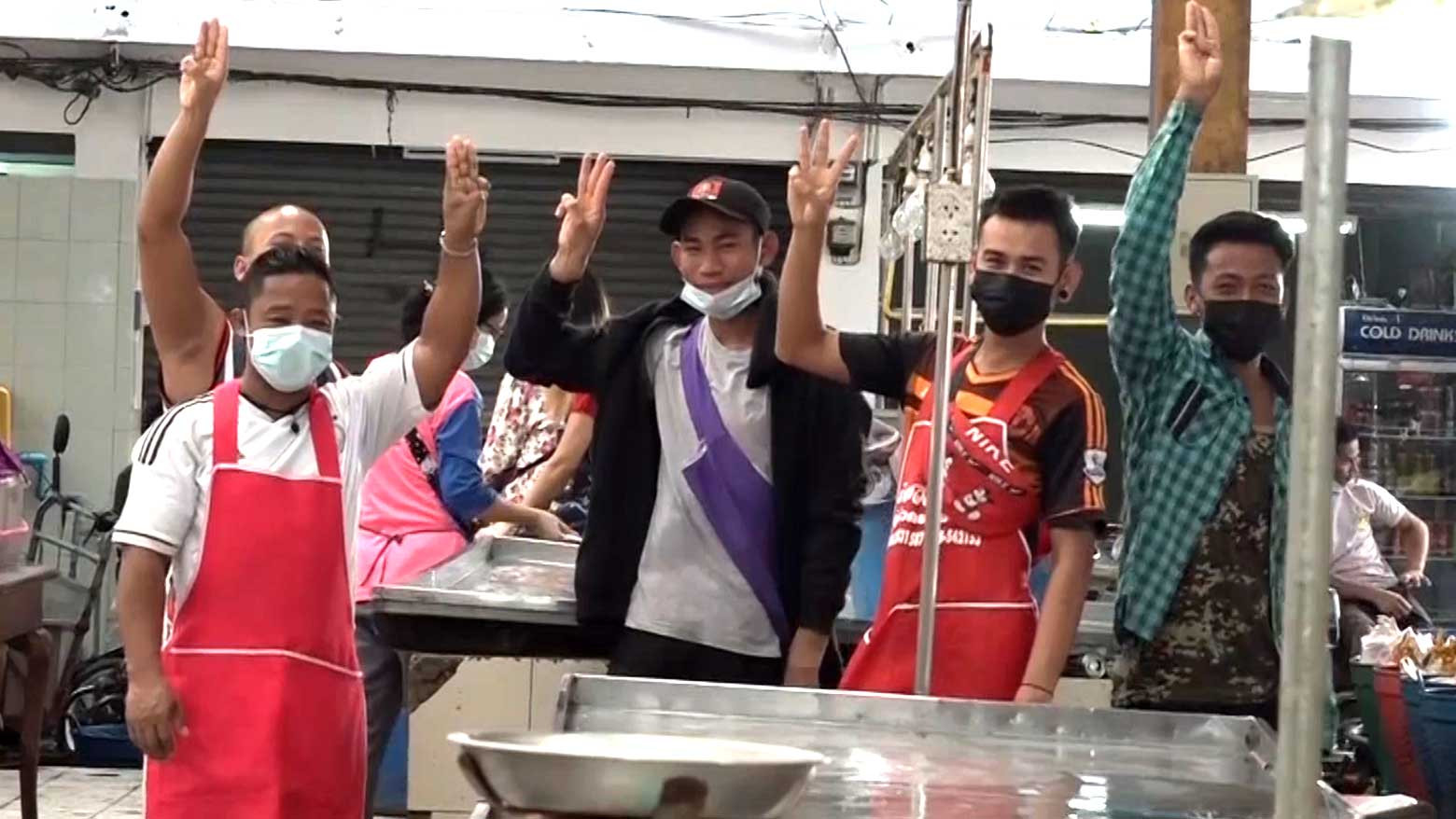Khin Aey Mo is one of about 60,000 Myanmar natives who live in Mae Sot. She moved there in search of work, but had to leave her 17-year-old son behind to finish high school, and she’s growing anxious.
“I haven’t talked to him for two months now. I’m worried he might be involved in a protest or locked up somewhere,” says the mother-of-three.
Her 11-year-old daughter lives with her in Thailand and shares her fears. “I’m afraid something bad will happen to my brother,” says Aey Aey Naye. “What if he’s harmed or taken away?”

A ‘safe space’ for children
Aey Aey Naye attends the Smile-Lay Youth Club, a center where children from Myanmar can receive guidance and reassurance. About 10 girls and boys go there to learn new hobbies, practice their languages, or talk about the situation at home.
“We try to encourage them to talk about their fears and anxieties,” says coordinator Dararai Ruksasiripong. “Having a safe space to speak helps ease their stress.”
It also helps them understand that other children share their worries, and some of the classes at the center aim to explain what is happening back in their home country.
“I’m learning a lot from the teachers,” says Aey Aey Naye. “But I still don’t understand why the military treats protesters that way.”
Watch video: 03:08
Local group fights for facts
The Myanmar military’s tight grip on the media makes it hard for the community in Mae Sot to get a clear picture of what is going on back home, but one organization is working hard to keep people informed.
The Assistance Association for Political Prisoners is based in Myanmar but maintains a small, and covert, office in Mae Sot run by 52-year-old San Min. He works closely with an underground network across the river that helps him verify facts, including exactly how many lives are lost each day. The death toll kept by the AAPP is widely quoted by international media.
San Min is no stranger to political persecution. At the time of the 1988 military coup, he was an activist seeking justice for pro-democracy political prisoners. He was eventually detained himself and tortured. He managed to flee to Thailand, where he and other former prisoners established the Mae Sot branch of the AAPP. He knows their work is now riskier than ever, but refuses to give up.
“We cannot make a stand with just our feelings. Our work must go on. Our comrades are dying every day,” he says. “This is why we will disseminate information on all the abuses. If the perpetrators are not prosecuted, they will only commit more crimes.”

The role of the youth
Myanmar’s younger generations are leading the resistance against the coup, and this has galvanized their compatriots in Mae Sot. About 20 young residents have formed a group called the Union of Thai-Myanmar Border Youth. They collect donations and supply protective gear, including helmets and gas masks, to the protesters on the front lines.
Member Naing Win is busy preparing packages to be discreetly sent into Myanmar. It’s a gamble, and the items are sometimes confiscated even before crossing the border. But the group persists.
“We are very frustrated,” he says. “Most of us want to be among the crowds and take part in the strikes. But we cannot go and fight. Instead, we have to do what we can from here.”
Watch video: 03:37

